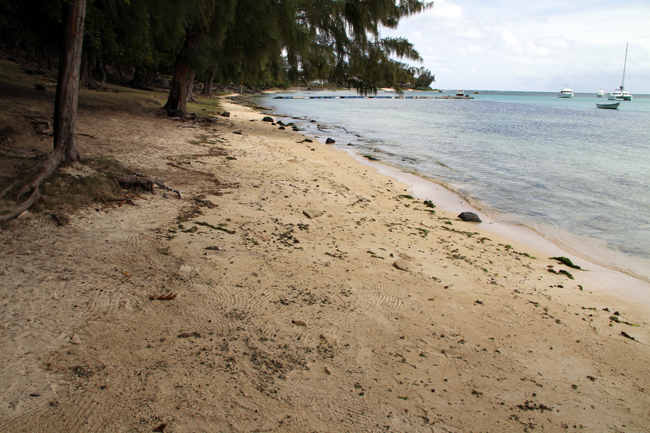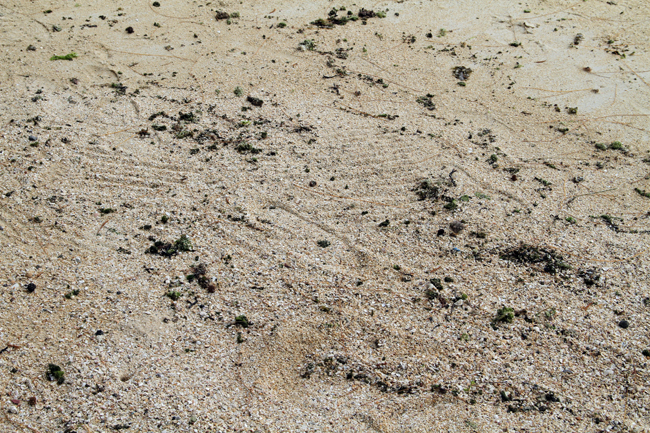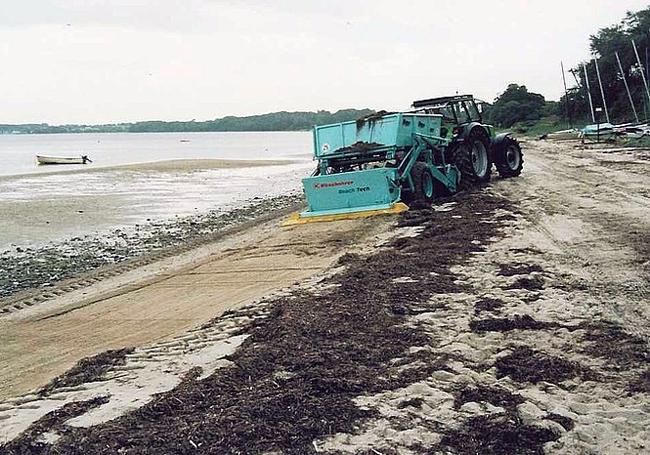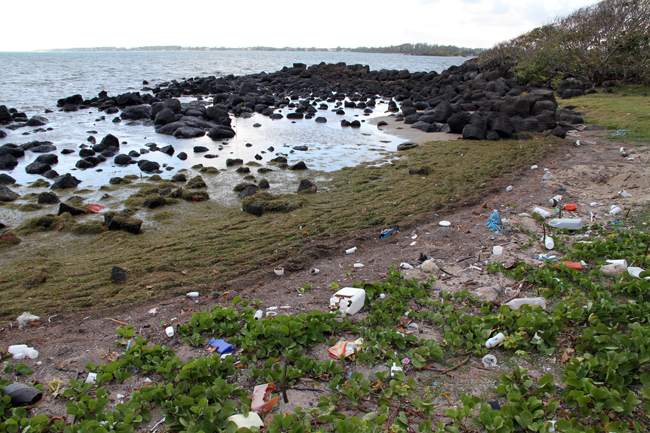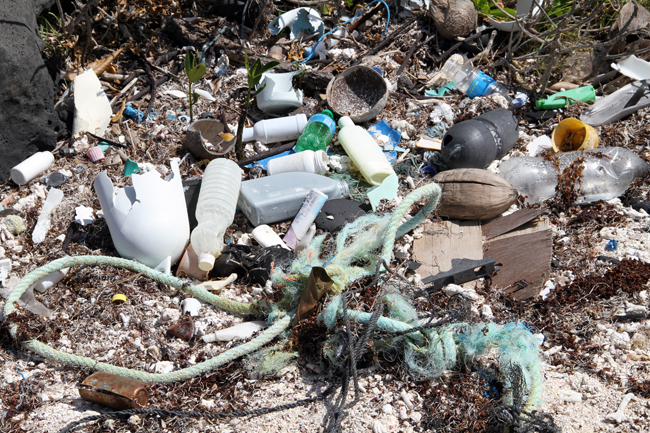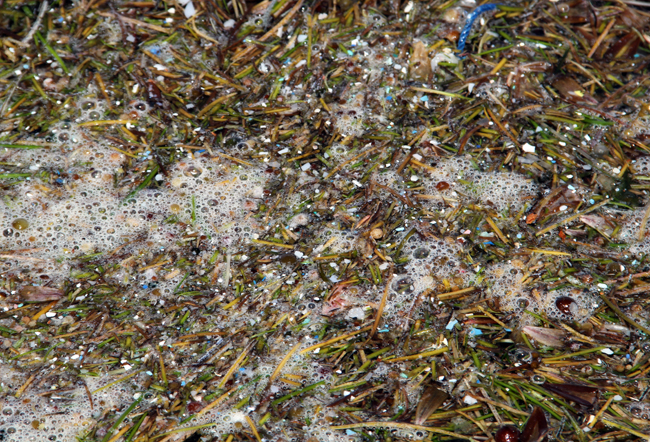It’s supposed to be paradise on Earth and I have to say it comes close. The island of Mauritius, named after Prince Maurits van Nassau from the Netherlands, is located on the west side of the Indian Ocean Gyre, the last of the five gyres I’m visiting to collect plastic debris for the growing Plastic Reef sculpture. The island is only 65 by 45 km big but has almost 1.300.000 inhabitants. This mix of different cultures (French, English, African, Indian, Chinese) and different religions (Hindu, Muslim, Christian) makes Mauritius a very colourful and diverse place but is also the incentive for not being paradise (anymore). After the Dutch, French and English colonised Mauritius (in that order), put the Dodo to sleep for ever and imported slaves from different locations to work on the sugar cane plantations, it was left alone to become independent in 1968. A big part of the mainland is still used as plantation and the island is covered with asphalt roads connecting one city to the next. A lot of ‘prestine’ beaches are private property. Big hotel chains and Spa resorts promise you the last glimpse of paradise but they have to work hard for it. The beaches are constantly overrun by plastic debris of which at least half is land based, meaning: coming Mauritius itself. Only tourists see it as paradise, the locals just want to eat KFC to go and leave the remnants on the beach.
The public/touristic beaches are cleaned daily by orange suited beach cleaners (look at the traces in the sand on the left).
They still do it by hand because most of the beaches are inaccessible for big machines like the BeachTech 3000 which is gaining enormous popularity worldwide.
When a beach is not cleaned, like this one on the east side of Pointe Lascars, it looks like this:
A bit further along the coast there is a Nature Reserve: The Voluntary Conservation Zone of Roches Noires. Ideal to look for plastic because ironically they are the dirtiest of all since it is part of the preservation policy not to touch them… And haleluja what a trash party:
I could fill up a bag with this pile of rubbish alone. In the water in between the seaweed, leaves and coconuts there’s even confetti à volonté!
Can’t see it? Get closer!
I wonder what kind of machine will filter these ones out….
